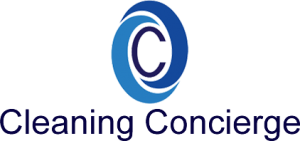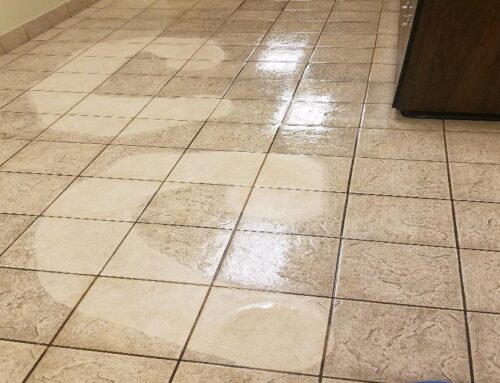Ever get excited about a deal that looked great—until you realized it left out something important?
This kind of disappointment can happen when selecting a janitorial service. A cleaning proposal with a low price might be leaving out key components that are vital for getting the job done right.
Before making a decision, make sure you’re reviewing all the important details. A proposal that doesn’t include the following six elements could lead to extra costs, poor service, or both.
1. Labor Costs
Most of your cleaning budget—about 60%—goes toward paying the people doing the actual work. Labor costs depend on:
- How much time is needed to clean your space.
- What cleaners are paid in your local area.
Some vendors throw out rough estimates. Others take time to understand your needs and get the numbers right.
TIP: Local vendors typically have a better handle on local wage standards than nationwide chains.
2. Employee Overhead
In addition to wages, employee costs include payroll taxes, vacation time, health benefits, background checks, drug testing, and uniforms. These vary depending on the vendor and region.
TIP: When companies offer better benefits, they usually have happier employees who stick around longer—and that means more reliable service for you.
3. Cleaning Supplies and Restroom Items
Cleaning involves more than labor. Supplies like disinfectants, microfiber cloths, and brushes are needed regularly, along with restocking items like toilet paper, soap, and hand towels. These are often included in the proposal, but not always.
TIP: Regional janitorial services often get better deals on consumables and can manage your supply levels to keep things running smoothly.
4. Tools and Equipment
Whether it’s vacuums, scrubbers, or other machines, the equipment used to clean your building should be included in the pricing. Most vendors factor in the wear and tear (depreciation) of this equipment.
TIP: Well-kept, up-to-date equipment means faster cleaning, fewer issues, and better outcomes.
5. Business Operations Costs
Behind every cleaning crew is an office handling billing, insurance, hiring, training, and management. These indirect costs are known as overhead and should be included in your quote as a standard percentage.
TIP: Smaller regional companies usually operate with lower overhead, allowing them to offer better prices without cutting corners.
6. Reasonable Profit
Like any business, a janitorial company needs to earn a profit to survive and grow. A solid, realistic profit ensures the vendor can invest in training, equipment, and customer service.
TIP: Choose vendors with strong client reviews and a solid reputation—they’re more likely to deliver on their promises.
Final Thoughts
If a proposal seems too cheap, it’s worth double-checking what’s actually included. Leaving out any of the six core elements above can lead to problems down the road.
Need a clear, honest proposal for your facility’s cleaning needs? Contact us today to get started.





